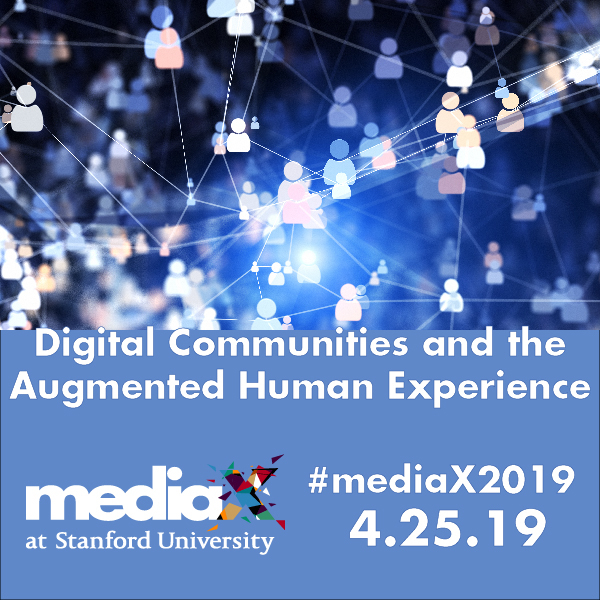
People are social by nature and they engage in many types of communal interests. No longer defined by locale or physical presence, many communities are now virtual. People interact in multiple communities, that are nested or inter-connected in complex ways. Online communities have become mainstream for business, professional education, information, interests, and pleasures.
Whether physical or virtual, “community” implies both an individual perception and a collective sense of belonging, trust and mutual influence. The sense of a shared experience is fundamental to the human experience. People form and maintain communities to meet special needs, and communities have a significant personal impact on health well-being. They play an increasingly important role in the everyday life and in the platform economy. They have become vital to education, learning and the cultivation of human resources that fuel and sustain innovation.
Some of the Questions to Examine:
What is “community”?
How might information technologies enhance the human experience of community?
What insights from human sciences can guide the next wave of community-enabling technologies?
How might horizon technologies contribute the quality of life enjoyed by individuals and their communities?
Jeff Hancock is founding director of the Stanford Social Media Lab and is a Professor in the Department of Communication at Stanford University. Professor Hancock and his group work on understanding psychological and interpersonal processes in social media. The team specializes in using computational linguistics and experiments to understand how the words we use can reveal psychological and social dynamics, such as deception and trust, emotional dynamics, intimacy and relationships, and social support.
Michael Richey is the Chief Learning Scientist, Associate Technical Fellow at The Boeing Company. His research portfolio is aligned to his corporate roles and responsibilities as a Boeing Associate Technical Fellow through: a) supporting the company’s business strategies by ensuring technical excellence across the enterprise in our people, technologies, processes, tools, and products, b) expand the company technical skills and performance by improving the acquisition, retention, knowledge, and utilization of our technical workforce for business success and c) participate in representing the company’s technology interests to the outside world customers, the general public, academia, and government.
Toomas Ilves is the former president of Estonia (2006-2016). Ilves is currently a distinguished visiting fellow at the Hoover Institution at Stanford University. In 2018-19, he is a Berggruen fellow at CASBS. His primary research focus and project at CASBS is on regulatory and technical solutions necessary to ensure the continued functioning of liberal democracy in the digital era. Since leading Estonia on its road to becoming a leader in e-governance beginning in the early 1990s, Ilves has focused on democracy and digitization for some 25 years.
Ioana Badea is Director of Strategic Pathfinding at Facebook. Previously she led the Global Insights & Analytics team at Intel, acting as a partner to Intel’s strategy office, global marketing, and business units. The charter of her team was to provide vital support for market insight and strategic foresight as a foundation to build brand relevance and accelerate Intel’s growth. Her team advocated the voice of the market throughout the product development life cycle, including various initiatives to detect global market trends, understand end-user needs, monitor changes in people attitudes and behaviours, and turning the learning into actionable recommendations.
Roy Pea is the David Jacks Professor of Education and the Learning Sciences at Stanford University, Co-Founder and Faculty Director of the H-STAR Institute, Director of the PhD Program in Learning Sciences and Technology Design, and Professor, Computer Science (Courtesy). Since 1981, Dr. Pea has been exploring how information technologies can support and advance the scientific understanding and practices of learning and teaching, with particular focus on topics in science, mathematics, and technology education and their associated symbolic and communicative interchanges that are integral to learning.
AND MORE...